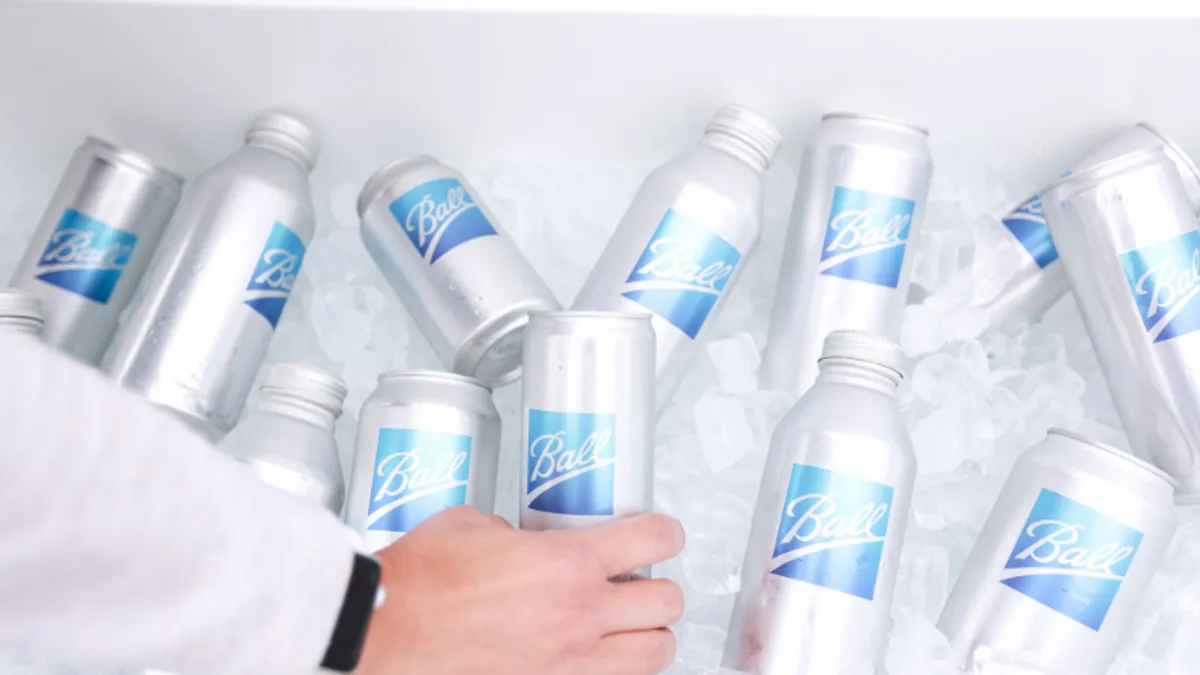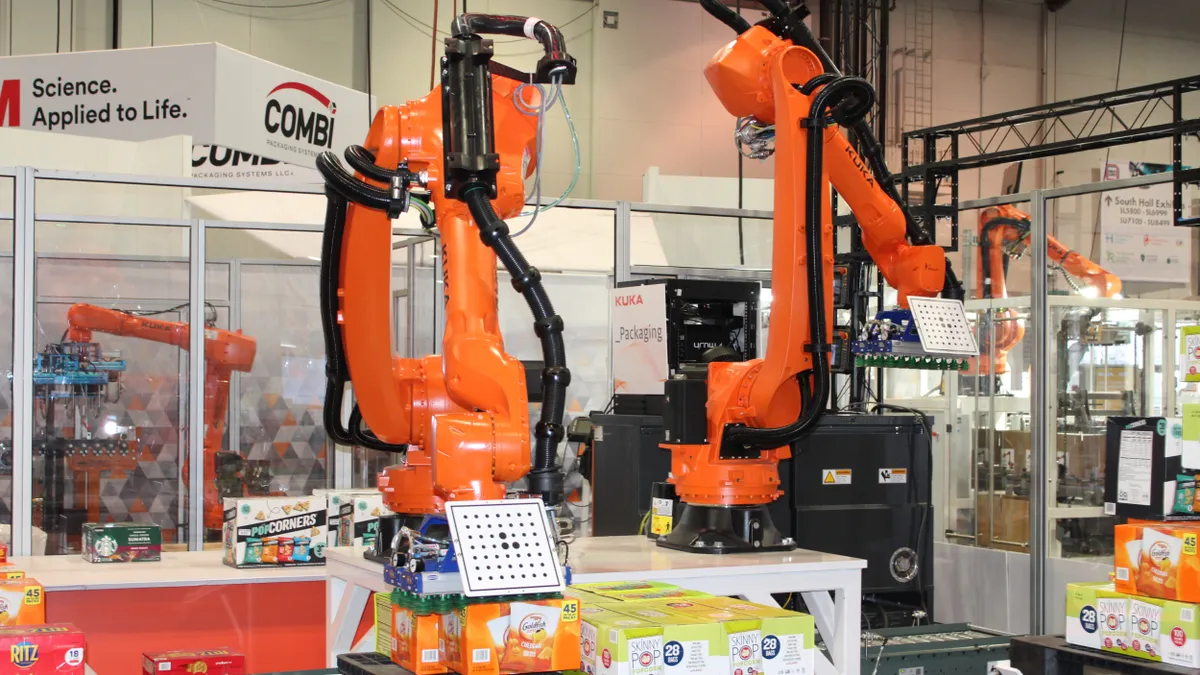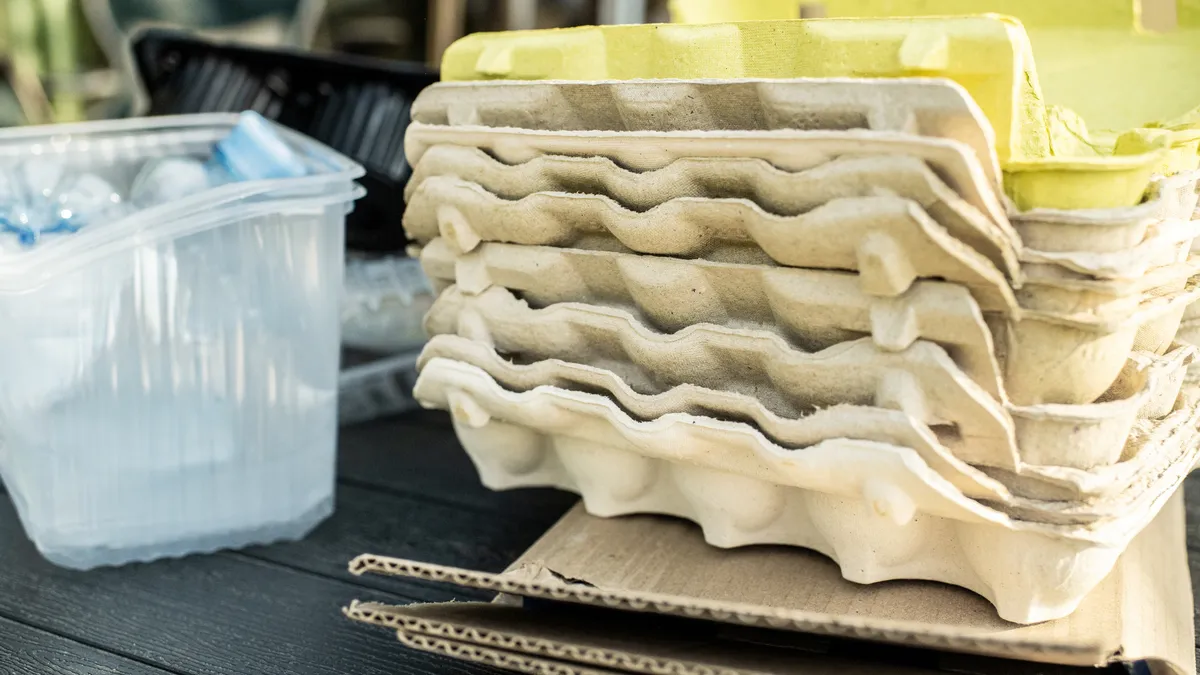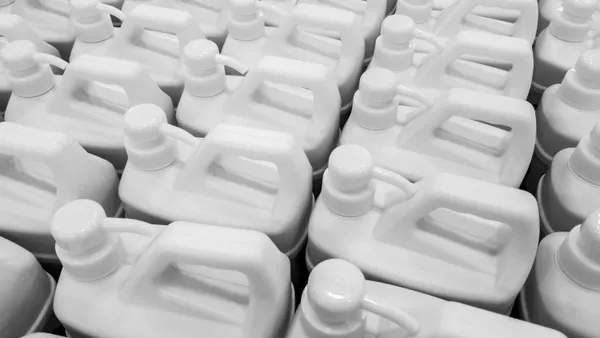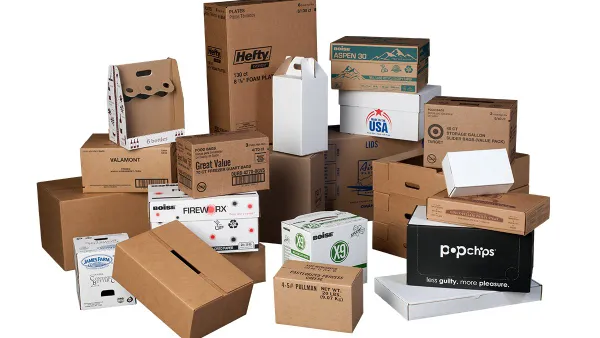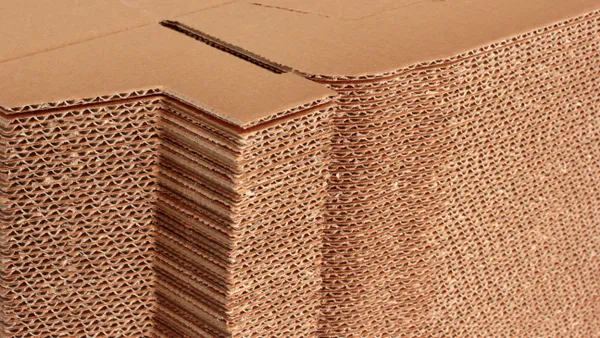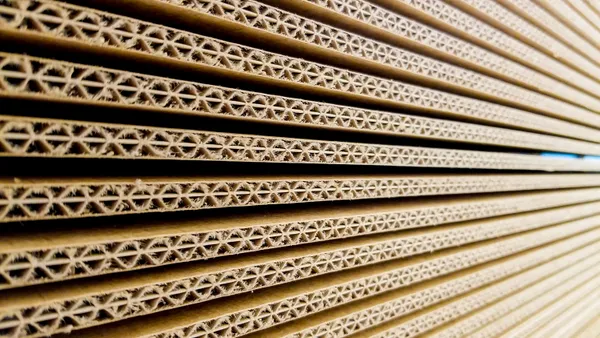- Q1 recap: In Ball’s first earnings call since completing the sale of its aerospace business, executives said volumes in some areas exceeded internal expectations, helped by anticipation of warm months to come. That was the case in North America and Europe, some of Ball’s highest-selling geographies for beverage packaging, “as customers pulled forward volume in preparation for the summer selling season, following notable fourth quarter 2023 destocking,” said CEO Dan Fisher during a Friday earnings call. However, total quarterly revenue was below Wall Street estimates. During the quarter Ball permanently closed a beverage can manufacturing plant in Kent, Washington, ahead of schedule, which CFO Howard Yu said “aided results and supply-demand balance across our system.”
- Regional shipment trends: Volumes in the North and Central America segment were down 2.4% year over year. South American segment volumes were up 26.3%, supported by 18% growth in the Brazilian can market in Q1, where warm weather played a role. Volumes were up 1.1% in the Europe, Middle East and Africa segment.
- Beverage trends: Ball’s sales were hurt last year as consumers boycotted Bud Light, a significant product for major Ball customer Anheuser-Busch, in April and beyond, and it lost share to other mass-market beers. As Ball moves past the one-year mark of that event and fills in with new business, Fisher said volumes should incrementally rise through 2024. A major brewer was also in labor negotiations in Q1 (Fisher did not specify which one, but Anheuser-Busch reached a deal with Teamsters in March), which resulted in pulling some anticipated Q2 business into Q1 to build “safety stock,” Fisher said. Speaking on the beverage market broadly, Fisher noted beer is softer while energy drinks are an area of growth.
- Outlook: In the wake of the Aerospace sale, Ball began a multiyear share repurchase program. Executives said repurchases totaled about $350 million as of Friday, and they expect they’ll reach approximately $1.3 billion by year’s end. The company did not detail sales guidance for the remainder of Q2 or the year. Executives reiterated that capital spending toward existing projects is expected to be about $650 million this year, which they said would mark a year-over-year decrease of about $400 million. Yu said Ball is on track to hit its free cash flow target, which the company said during its Q4 earnings call in February was in the range of $500 million. Ball will hold an investor day on June 18 in New York City.

Ball navigates shifting beverage markets after aerospace sale, Bud Light boycott
In the can maker’s first earnings call since completing the sale of its aerospace business, executives detailed plans for significant stock buybacks this year.
